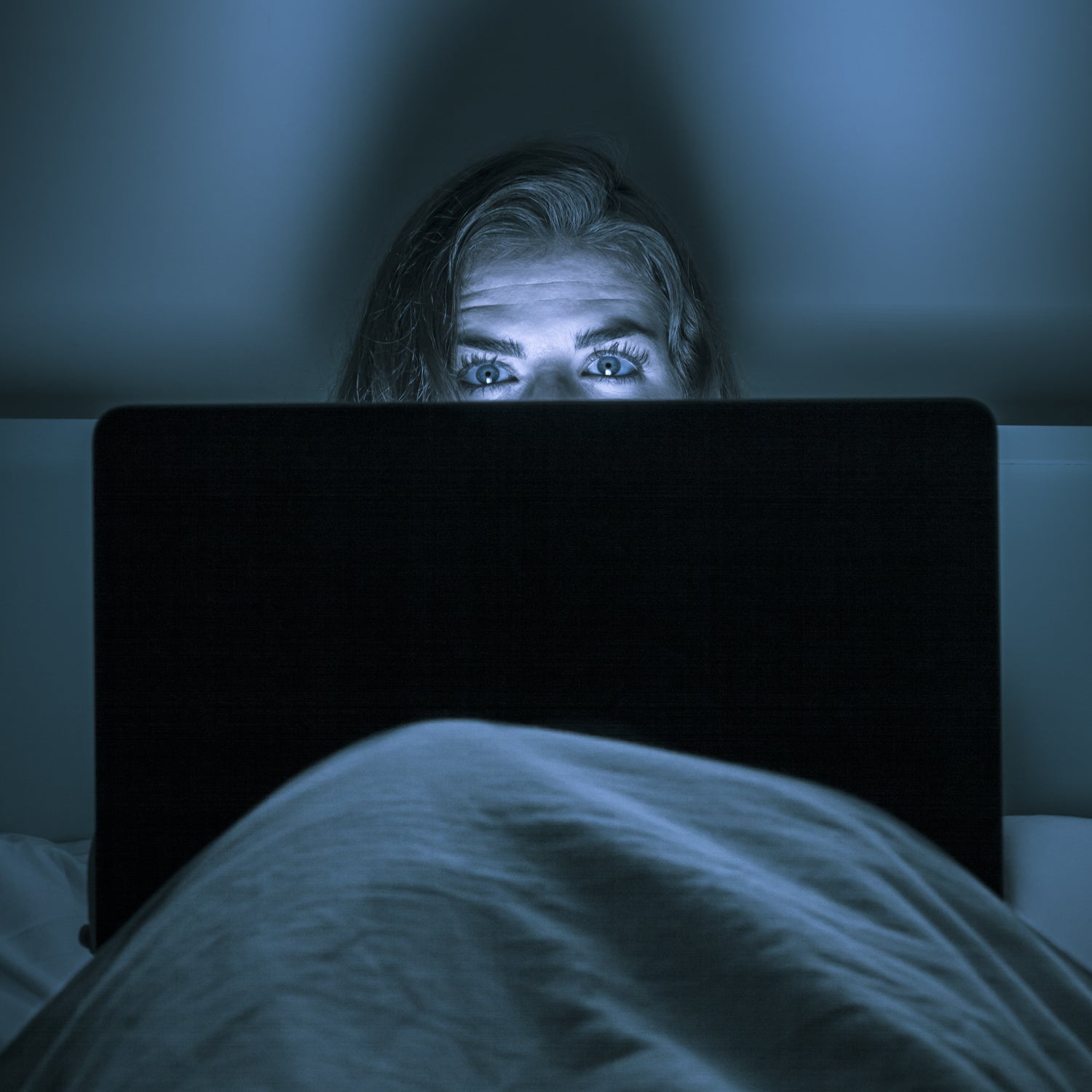For my fortieth birthday, I decided to climb the Grand Teton, a 13,770-foot peak in my backyard of Jackson, Wyoming. The Grand is technical, requiring rock climbing and rappels on exposed faces with 5,000-foot drops. Make a mistake and you’re dead. I’d decided the ascent would help me feel less 40. I gathered the gear I needed and did all the necessary training, including steep, hourlong hikes wearing a 60-pound weight vest. The one thing I was missing to perform at my best? Enough sleep.
If you’re like me, work and life prevent adequate time to snooze. That’s bad. Besides weakening your immune system (a recent study shows that getting only six hours of sleep a night makes you four times more likely to catch a cold, compared with those who get more than seven), not getting enough rest can sabotage athleticism. A new study in Sports Medicine determined that inadequate sleep results in decreased motor skills and cognitive function, as well as increased inflammation—symptoms similar to overtraining. Conversely, researchers at Stanford University found that when the school’s basketball players got ten hours of sleep each night, their shooting accuracy improved by 9 percent.
There’s no way I’m sleeping ten hours. I usually get six. But I wondered if I could make a few simple changes to squeeze out another hour. I called Charles Czeisler, the director of sleep medicine at Harvard Medical School and a sleep consultant to several professional sports teams. I told him I’d been wearing a sleep monitor and that it indicated I wasn’t getting enough “deep sleep.” “That might be true,” he said. “But I wouldn’t count on any sleep tracker on the market. None of them have been proven to work.”
“I wouldn’t count on any sleep tracker on the market,” Charles Czeisler told me. “None of them have been proven to work.”
Czeisler and I talked through what the problem might be. Was my room cool enough? Ideal temperature is different for everybody, but studies have shown that people sleep best when their room is cooler. (I like mine around 68 degrees.) Should I get blackout shades? Probably not. Some studies say they can negatively affect your circadian rhythms, which let you know when to sleep and rise based on sunlight. Mess with that and you could end up walking around zombie-like for the rest of the day.
Czeisler asked how much I stare at screens each night. “The blue light could be screwing up your sleep,” he said. It’s emitted from computers, phones, and TVs, and prevents you from producing melatonin, the hormone that makes you sleepy.
Bingo. I work at a computer most of the day, leave it to go exercise and eat dinner, then return for a few more hours’ work. After that I’ll scroll through my phone or turn on the TV. I’m typically not in bed until around midnight and lie there for an hour before I fall asleep. (Sound familiar?) Then I’m up by seven. I awake groggy, and my concentration is dismal until about noon. That afternoon workout? I usually need to fuel it with a caffeinated sports drink, which, Czeisler points out, has a six-to-nine-hour half-life.
I immediately cut out screens after dark, save for the occasional 10 p.m. e-mail that I absolutely have to send. For those I used a Czeisler-recommended computer program called F.lux (free), which makes your screen look orange and blocks blue light. On my phone, I downloaded the Unblue app (iOS; $2), which did the same. And I avoided TV entirely, getting in bed and reading until I passed out, which took only about 20 minutes and was usually around ten o’clock—a full two hours earlier than I usually go to bed—still waking up at seven.
Going into my experiment, I worried that not working at night would put me way behind schedule. But after just three days, I was feeling so refreshed each morning that I was far more efficient behind the desk. By six I’d completed most of my work for the day and still had plenty of energy for my workouts, without having to caffeinate.
Ten days later, my friend Andy and I climbed to the top of the Grand, summiting just before sunset. On the way back down, after a good nine hours of effort, Andy let out a big yawn. “Man, I’m getting tired,” he said. “Weird,” I responded. “I’m not.”
The Takeaways
- Experiment with room temperature.
- Block blue light on gadgets during nighttime use.
- Skip the afternoon latte.
- Stick to a sleep schedule.

